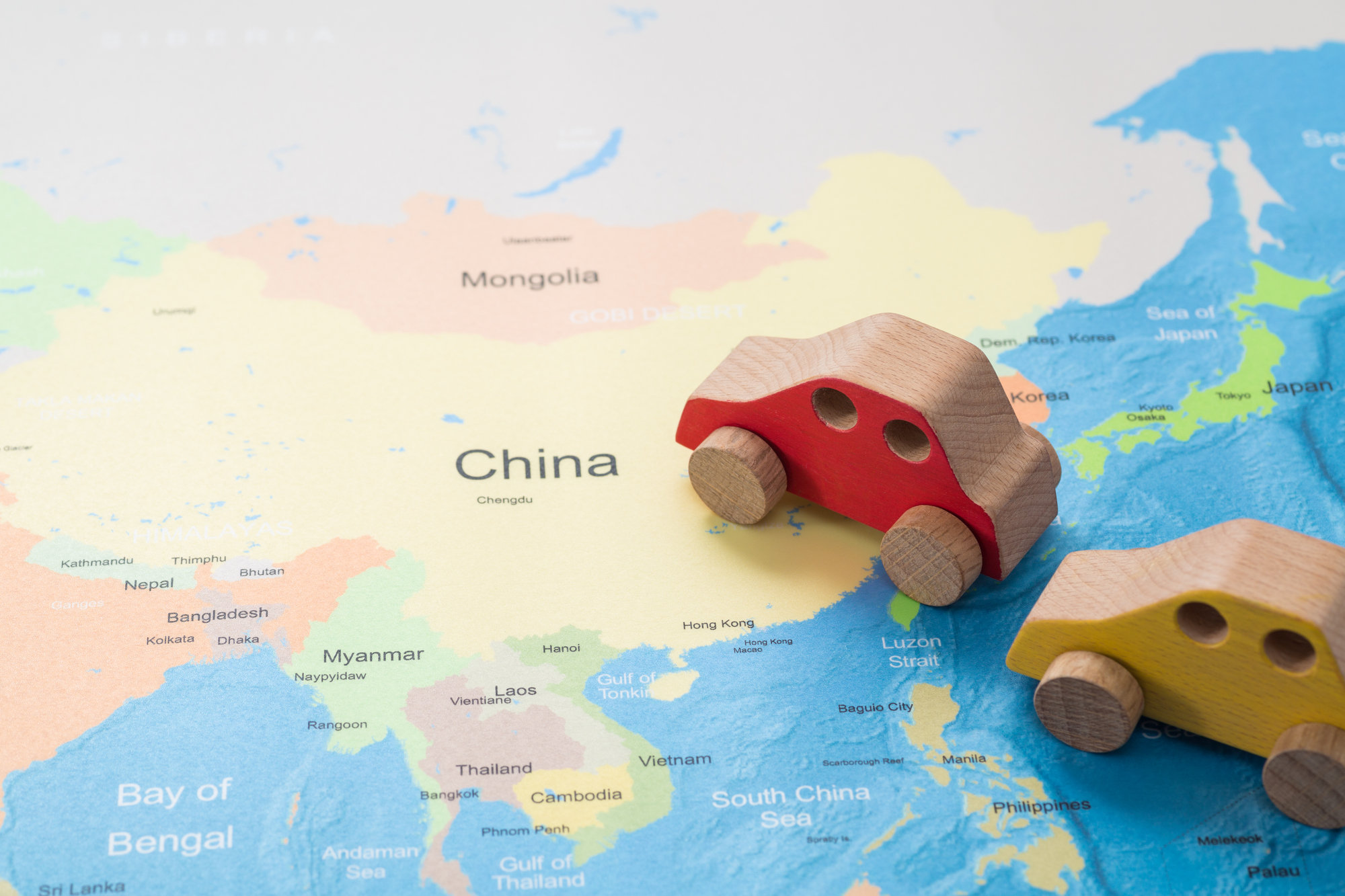2014/07/31
No. 200: Shinzo Abe, "200th Special Issue - Enabling Japan to further contribute to the peace and stability of the region and the international community"
[PDF version]
This month, the Cabinet decided on the basic policies on the development of security legislation. AJISS-Commentary seeks to provide its readership of experts and policymakers with informing and engaging discussion on Japan's diplomacy and security issues, as well as on the international situation in general. As AJISS-Commentary marks its 200th edition, I would like to share some thoughts with readers on the recent Cabinet Decision regarding why this kind of security legislation needs to be developed, what we will do going forward, and how we will undertake these steps.
Why? The background
Why is it now imperative for us to develop this kind of security legislation?
We have seen a fundamental transformation of the global security environment, and this transformation continues to evolve even today. Since the end of the Cold War, there have been changes in the global power balance and technological innovation has developed rapidly while new transnational threats are increasing. These include the development and proliferation of weapons of mass destruction and ballistic missiles, cyber-attacks, and international terrorism. Threats now move across borders with ease. This is not a situation unique to Japan--we are living in an age when no country can individually secure its own peace.
In Cambodia, in the Golan Heights, in Haiti, and in providing reconstruction assistance in Iraq and other places around the world, thus far as many as 50,000 young personnel of Japan's Self-Defense Forces (SDF) have participated in United Nations peacekeeping operations and other international peace cooperation activities. In the wake of the damage from the violent typhoon that struck the Philippines last year, some 1,300 personnel of the SDF were engaged in providing emergency assistance. Moreover, at this very moment, some personnel of the SDF are protecting the world's ships from pirates in the Gulf of Aden while others are hard at work supporting South Sudan in becoming self-reliant. They are a source of great pride for me. There is no doubt in my mind that each individual activity like these contributes to the stability of both the region in which it takes place and the world.
Japan's security policy had long been inward-looking. However, I believe that if we wish for world peace, then Japan must dynamically adapt, responding to changes in the times. Japan will contribute even more proactively to the peace and stability of the international community, hand in hand with those countries with which we share the fundamental values of freedom and democracy, basic human rights, and the rule of law, and hand in hand with the international community as a whole. I raised this ardent determination of Japan aloft as a new banner of our "Proactive Contribution to Peace" within the National Security Strategy that Japan adopted for the first time last year.
Moving beyond such efforts as these, we will now develop security legislation that enables us to respond more seamlessly to any possible situation. Resolutely securing the lives and peaceful daily lives of the Japanese people under any circumstances is the tremendous responsibility conferred upon me as Prime Minister. In taking all possible preparations by means of this new security legislation, we are enhancing our deterrence and averting conflict before it happens. In this way we will make the peace and stability of Japan and the region even more certain.
Things that will not change
Some people may think these measures mean that Japan will again become a country that would wage war. However, this is a complete misunderstanding. Such a thing will never happen.
Since the end of World War II, based on deep remorse, Japan has built up a society that values freedom, democracy, and basic human rights and respects the rule of law, and has followed the path of a peace-loving nation for almost 70 years. That is a path from which we will never waver. Even into the future, Japan will not become a military power that poses threats to other countries. Neither does the recent Cabinet Decision mean that there has been any change whatsoever to the Government's observance of international law, including the Charter of the United Nations, nor to our basic principles relating to the Constitution of Japan. The horrors of war must never be repeated. I wish to state here once again that there is no doubt whatsoever about Japan's determination in that regard.
I have already visited 47 countries in the one year and eight months since I took office as Prime Minister. I never fail to maintain that Japan attaches great importance to the rule of law, and I have received strong support for this everywhere I go. Any and all disputes must be resolved diplomatically and peacefully on the basis of international law. Diplomacy is the basic means of maintaining and promoting the peace, stability, and prosperity of the region and the world. Japan will continue to work proactively towards that end.
What changes will be implemented?
With that in mind, what does Japan seek to change through this Cabinet Decision?
First, in dealing with situations that are neither pure peacetime nor contingencies, in order to secure the lives and peaceful daily lives of the Japanese people, Japan will further reinforce all necessary measures and also make it possible to protect vessels and other weapons and equipment of U.S. Forces that are engaged in activities which contribute to the defense of Japan in cooperation with the Self-Defense Forces.
The changes will enable Japan to make a greater and more proactive contribution to international peace in cooperation with other countries when Japan participates in international peace cooperation activities and other activities. In past cases when the international community has united to address a situation in accordance with a U.N. Security Council resolution, Japan has only been able to provide limited assistance to the forces of other nations engaged in operations. Coming legislation will enable Japan to engage in a wider range of support to those operations.
Furthermore, given the increasing importance of protecting civilians and securing law and order in areas of missions by U.N. peacekeeping operations, new legislation will be developed to enable the necessary "use of weapons for the execution of missions," including for the protection of U.N. and other countries' personnel; as well as civilians working for international organizations, aid agencies, and non-governmental organizations who have come under attack. Although Japan has already participated in international peace cooperation activities for more than 20 years, these new measures will enable Japan to cooperate with the international community even more proactively.
In addition, the "use of force" has been considered acceptable solely in cases in which Japan comes under an armed attack. However, taking into account the above-mentioned dramatic shift of the security environment, even an armed attack upon other countries, depending on its purpose, scale, manner and so on, could entail a threat to Japan's survival. Recognizing such critical issues, within the basic logic of the existing constitutional interpretation, in cases in which an armed attack against a foreign country that is in a close relationship with Japan occurs and, as a result, threatens Japan's survival and poses a clear danger to fundamentally overturning people's rights to life, liberty, and the pursuit of happiness, and when there are no other appropriate means available, the Government will make it possible for it to conduct the use of force to the minimum extent necessary as self-defense measures. Suppose for example that during a contingency arising near Japan, a U.S. vessel carrying evacuating Japanese nationals were to be attacked. Until now, Japan has been unable to protect such a vessel, but that will become possible in the future. This change will help intensify the relationship of trust within the Japan-U.S. alliance while strengthening our deterrence and enhancing the ability to maintain peace in the region as well as the peace of Japan.
The measures to be implemented are designed to enable the "Proactive Contribution to Peace" by Japan, thoroughly protecting Japan and the Japanese people while contributing even more proactively to the peace and stability of the region and the international community.
How will the changes be implemented?
Japan's "Proactive Contribution to Peace" will not achieve success unless Japan works hand in hand with the international community. For that reason, it is of the utmost importance to ensure that other countries correctly understand our objectives regarding these new measures to be taken. The Government of Japan has been explaining this security policy, including the Cabinet Decision, to other countries including Japan's neighbors carefully and with a high degree of transparency, and many countries have expressed their understanding and support. I believe that this is because of the trust that many countries around the world have towards the path that Japan has followed as a peace-loving nation throughout the post-war period and our achievements in that context, and because they regard the recent Cabinet Decision as an extension of those efforts and accomplishments. As we go forward, I will continue to provide the international community with sincere explanations of Japan's approach. I hope that this paper helps to deepen understanding within the international community regarding the Cabinet Decision.





